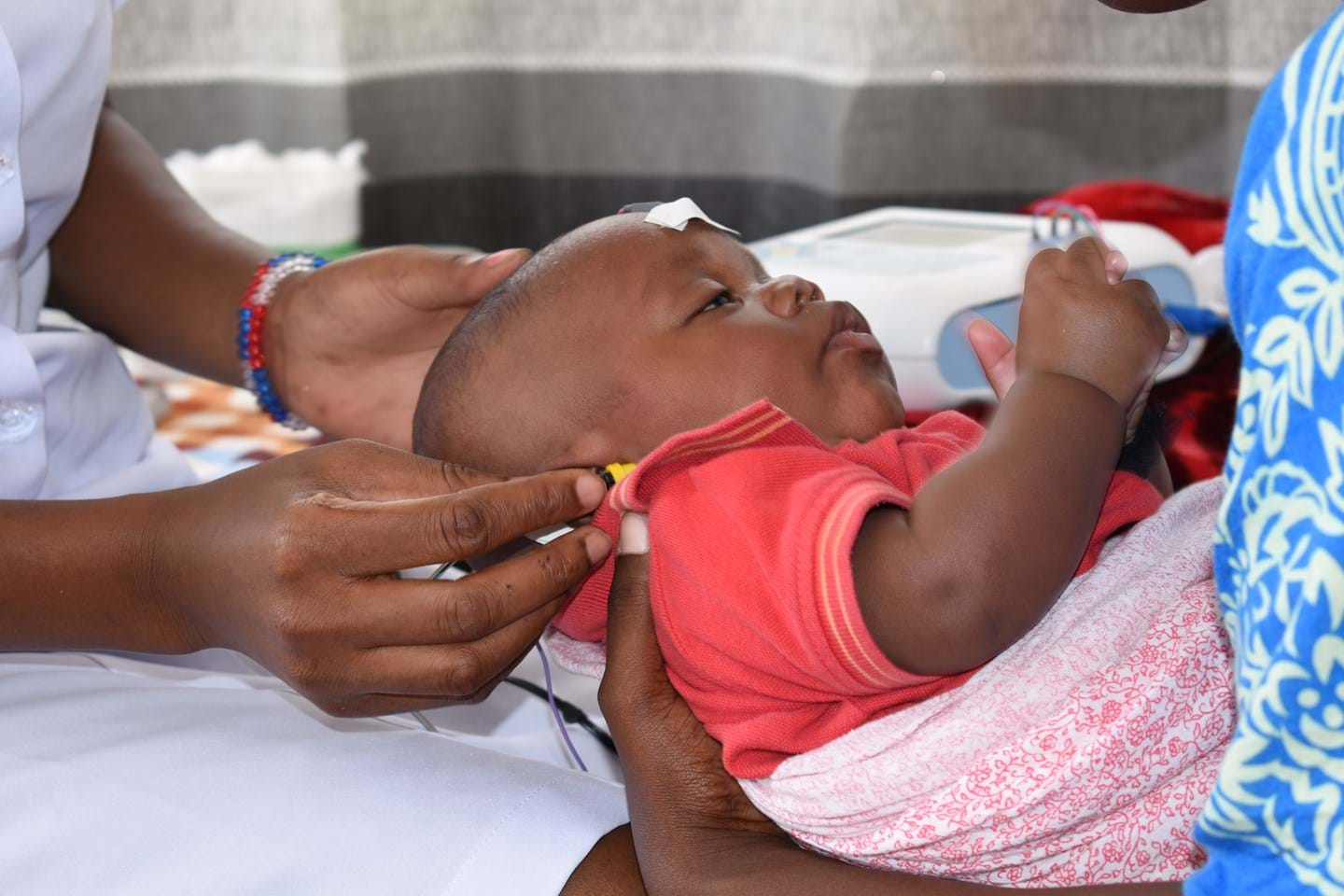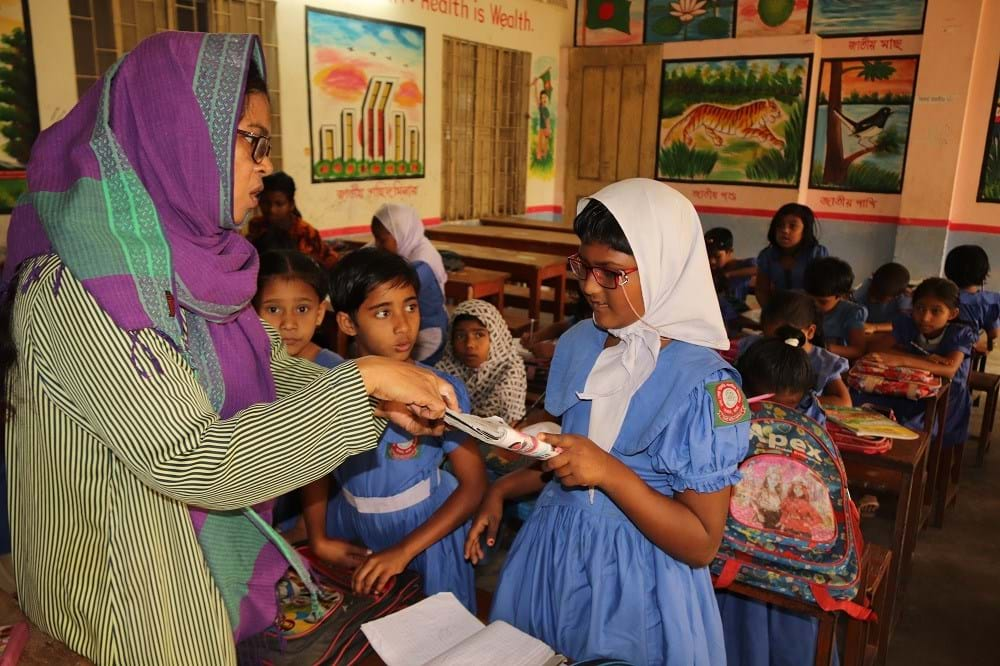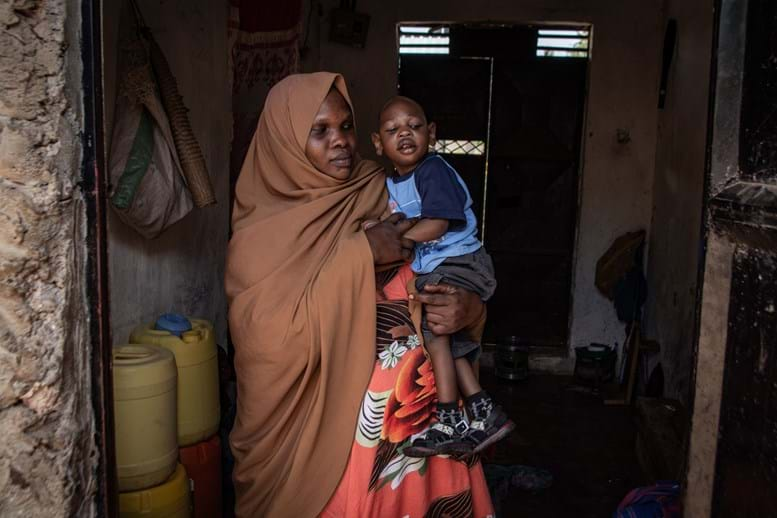Advocacy and research
The voices of people with deafblindness must be heard by decision-makers and wider society to challenge the barriers that prevent them from living life to their full potential.
‘Nothing about us without us’ – this is what disability activists say, and a principle that we strongly support.
People with deafblindness must be able to share their experiences, challenge the status quo, and speak out to highlight the changes that are needed so that they can fully exercise their rights.
How different countries understand deafblindness
In many countries worldwide, deafblindness is not recognised as a unique disability.
As a result, there is insufficient data about deafblindness in these places. This not only means that prevalence is unknown, but that little information exists on the experiences, challenges and requirements of people with deafblindness.
How Sense International supports advocacy work
We work alongside individuals with deafblindness and their families to share information about their rights as well as the social protections and services that are available to them.
We also work with civil society groups, including Organisations of Persons with Disabilities (OPDs), supporting people with deafblindness and other complex disabilities to participate by contributing their ideas and experiences to inform advocacy actions towards government.
We are particularly committed to supporting young people to develop the skills to lead their peers and influence dialogue on deafblindness and disability where they are.
Creating long-term change
Our work aims to bring about long-term change.
No matter whether we are focusing on early identification, education or vocational training, advocacy is vital because it ensures that our work informs wider, systemic change.
Over the years, we have built relationships with key government ministries, raising awareness about deafblindness among officials through training events and opportunities to meet with project participants.
We have also provided evidence and shared learning from our approaches so as to influence the uptake of successful approaches in policy and practice.
Building the research
We are working to improve understanding of deafblindness and develop a stronger evidence base.
Research and robust evidence are powerful tools for use in advocacy work. In 2018, we collaborated with the World Federation of the Deafblind and International Disability Alliance to publish the first ever global report on deafblindness.
The report was the first of its kind to address the extent to which the rights of people with disabilities are being met by governments across the world. It found that:
- People with deafblindness are more likely to be poor compared to people with other types of disabilities and compared to people without disabilities.
- Children with deafblindness are up to 17 times less likely to be in school than non-disabled children, and twice less likely to be in school compared to children with other types of disability.
- People with deafblindness are ten times less likely to be employed than non-disabled people, and 30% less likely to be employed than people with other types of disabilities.
In 2022, we collaborated with the WFDB to produce the second global report. The aim of the second report is to serve as an advocacy tool to inform stakeholders on how to foster the inclusion of persons with deafblindness. The second global report outlines key recommendations including:
- Establish legal recognition of deafblindness as a unique disability. This is the first step to addressing social exclusion.
- Provide continuous training on deafblindness for essential frontline workers.
- Establish publicly funded assistance for people with deafblindness as an essential service, in particular trained teaching assistants & interpreter-guides
- Provide funding for further research and data with the active participation of people with deafblindness.
You can download a copies of the two reports here:




